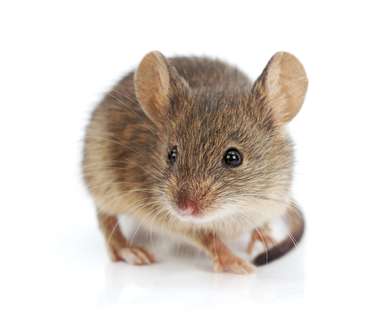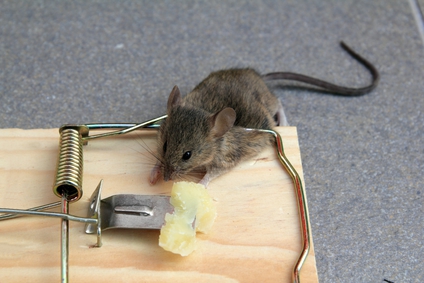Rodent Control Is Necessary Because You Really Don’t Want These Diseases
- Esther M.
- Apr-30-2021
- Pest Control
Is it possible for rodents like rats, moles and any others to spread diseases to human beings? Yes. The most common way they do this is through their bites and excrement. You can get ill if you come into contact with food that they’ve contaminated. Moreover, if you handle a dead rodent inappropriately, you may become ill. So, this is why you should be extremely careful with rodents. It’s not just about the physical harm they cause to property, but also about the health risk these pests pose. Below, you will find three common diseases that rodents spread in the United States:
Hantavirus

In 2018 alone the Nationally Notifiable Disease Surveillance System reported 3 deaths in California from Hantavirus alone. Unfortunately, Hantavirus mostly spreads through the air. This happens when virus infected particles like urine and droppings from the rodents get into the air. Thereafter, when you breathe in that air, you’re may get an infection.
Hantaviruses are a family of viruses spread mainly by rodents and can cause varied disease syndromes in people worldwide. Infection with any hantavirus can produce hantavirus disease in people. Hantaviruses in the Americas are known as “New World” hantaviruses and may cause hantavirus pulmonary syndrome (HPS). Other hantaviruses, known as “Old World” hantaviruses, are found mostly in Europe and Asia and may cause hemorrhagic fever with renal syndrome (HFRS).
Each hantavirus serotype has a specific rodent host species and is spread to people via aerosolized virus that is shed in urine, feces, and saliva, and less frequently by a bite from an infected host. The most important hantavirus in the United States that can cause HPS is the Sin Nombre virus, spread by the deer mouse. Read more from CDC…
Tularemia

The bacterium causing Tularemia is so dangerous. This is because it can get into your body through your eyes, mouth and even through your skin. The most dangerous contact point is a dead rodent. So, do you set up rodents traps in your home? Just make sure you wear protective gear when handling the dead animals.
Tularemia is a bacterial disease caused by Francisella tularensis and is most commonly found in wild animals (e.g., wild rodents, squirrels, rabbits, hares and beavers). People and their pets can become ill from tularemia by coming into contact with infected dead or ill animals through animal bites and exposure to contaminated blood or raw meat. Tularemia can also be transmitted by the bite of an infected arthropod (e.g. ticks, biting flies), exposure to contaminated water or soil, and inhalation of bacteria. One to 10 cases of tularemia in people are reported every year. To prevent exposures to tularemia, don’t handle dead or ill animals; avoid animal bites, tick and deer fly bites; and avoid direct bare-hand contact with blood and raw meat from wild animals. Don’t drink untreated water in areas where tularemia is known to occur in wild animals. Read more from King County…
Leptospirosis

You can get this disease when you come into contact with urine from an infected rodent. Additionally, you could get it from soil or other substances contaminated by rodents. When excreted into water and soil, the disease causing virus can survive for weeks to even months. Therefore, you should avoid taking untreated water from rivers or streams. This is especially so within an area where Leptospirosis is prevalent.
Leptospirosis is a bacterial disease that is transmitted to humans and pets by drinking or coming into contact with water contaminated by urine from infected rodents. This disease is also associated with recreational use of lakes and rivers such as swimming, kayaking, and rafting. Leptospirosis symptoms occur between 2 days and 4 weeks after coming into contact with the contaminated water. A wide range of symptoms can occur from high fever and headache to jaundice and vomiting. If a second phase of the disease (also known as Weil’s Disease) occurs, the infected may experience kidney or liver failure or even meningitis. This phase could last from a few days to 3 weeks or more and, if left untreated, could take several months for recovery. Read more from Wil-Kil…
You need to protect your family against these diseases by all means. One sure way to do this is by reconsidering your rodent control protocols at home. As a professional rodent control company, we at Backyard Bug Patrol will effectively deal with any rodent infestation. Call us today for any inquiries.
